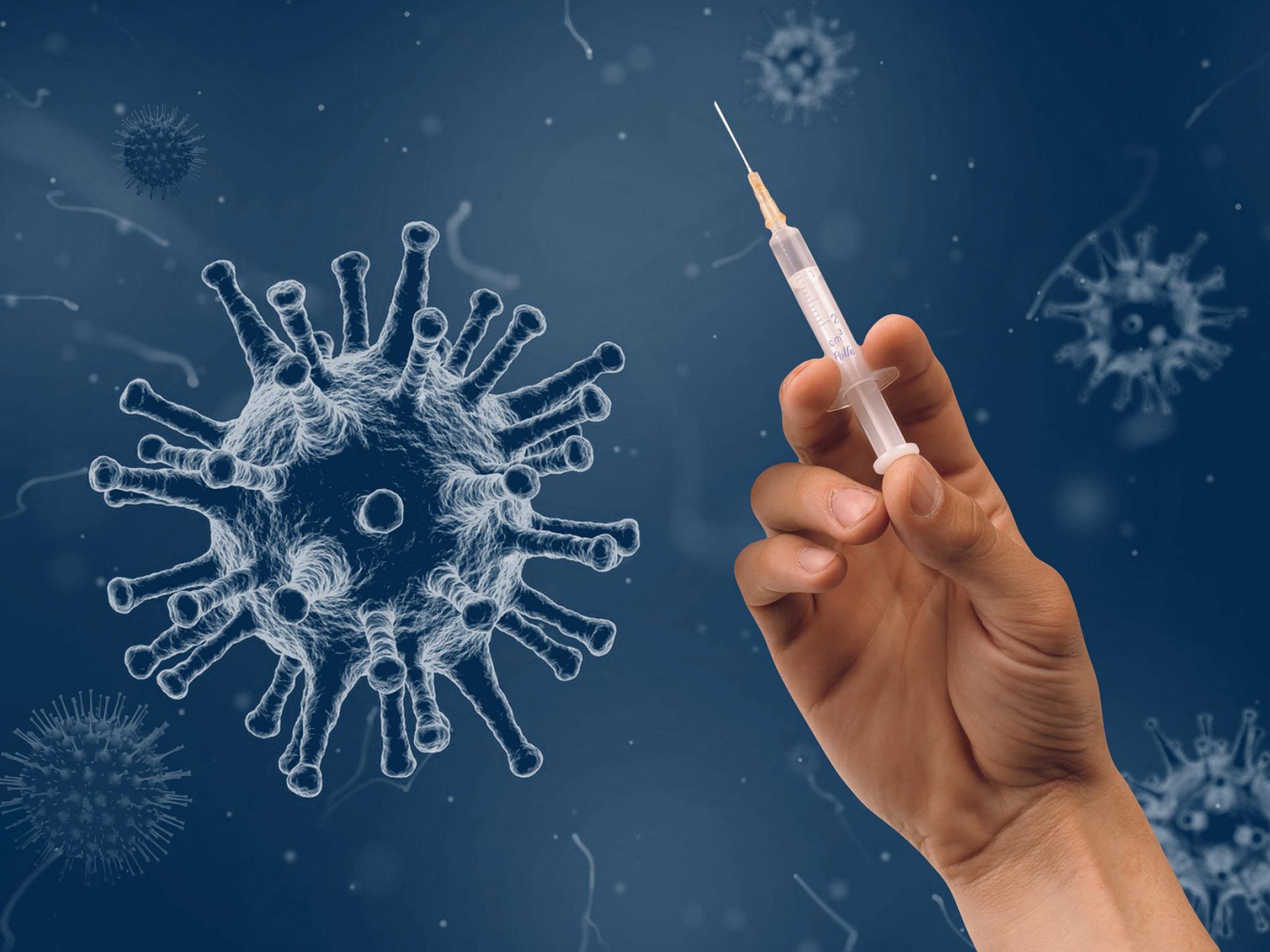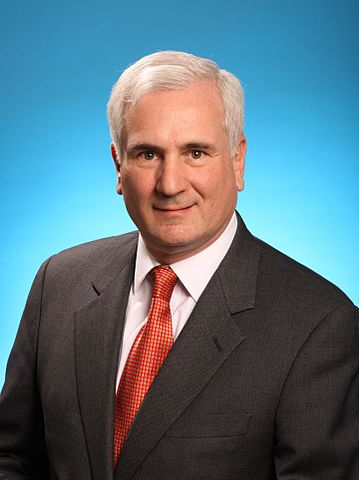
Tonix Pharmaceuticals Holding Corp. (NASDAQ:TNXP), a Chatham, New Jersey-based clinical-stage biopharmaceutical company, announced on Wednesday the issuance of a patent that forms the basis for the company's developmental vaccine against monkeypox and smallpox.
According to the company, this patent is expected to provide Tonix with U.S. market exclusivity until 2037, excluding any possible patent term extensions or patent term adjustments.
U.S. Patent No. 11,345,896 was granted to the company for "Synthetic Chimeric Poxviruses," which includes claims covering synthetic horsepox virus, the basis for the Company’s TNX-8011 vaccine in development to protect against monkeypox and smallpox and for the Company’s Recombinant Pox Virus (RPV) platform to protect against other pathogens, including SARS-CoV-2.
“This patent is an important milestone in protecting our expanding pipeline of vaccines that address known and potentially novel pathogens,” said Dr. Seth Lederman, CEO of Tonix Pharmaceuticals.
With monkeypox becoming more prevalent in North America and Europe, the patent comes at a serendipitous moment. Benzinga spoke with Lederman about his company’s focus on this disease.

Q: For the benefit of those who are new to the subject, how serious of a disease is monkeypox?
Seth Lederman: Monkeypox has been in Africa forever. But when people were being vaccinated against smallpox, they didn't get sick from it — effectively, they were immune. After the so-called eradication of smallpox, then suddenly people started getting infected.
When you start getting these cases outside of Africa, I think it is like an iceberg effect where they say that nine-tenths of an iceberg is underwater. In this case, much more than 90% of monkeypox is in Africa. If you follow this story over the past 10 years, there was a case in England and a case in Scotland, and then in Israel, and then only two years ago I believe it was in Texas. So, it has been getting out.
But for it to explode like it's exploding is a new thing. Fortunately, what's coming out of Africa this time is a West African strain that's relatively less lethal and less virulent in humans than the strain that's found in Congo. This strain has a mortality of less than 1%. And none of the more than 300 cases outside of Africa have died. But the strain in Congo is estimated to have a 10% lethality associated with it.
We're all getting this wake-up call with the West African strain, but we have to be on the lookout for the other ones.
Q: There was concern from Europe that this disease could be spread through sexual transmission. Are those concerns justified?
Seth Lederman: I understand that many of the cases in Europe have been linked to, I believe, a gay pride event in Spain, but I don't think it's spread through sexual transmission. I would not consider it as an STD. It's really just skin contact. I think the fact that people were getting it were involved in intimate contact.
Q: Where is your company at this point of time in terms of getting a vaccine for monkeypox?
Seth Lederman: We've been working on this for a long time, but our interest in it really came through smallpox. We haven't worked on a smallpox vaccine for about 10 years, but the path to getting a smallpox vaccine approved in the United States is to vaccinate monkeys and challenge them with a lethal dose of monkeypox — because it's obviously unethical to challenge humans with one of these viruses, so the monkeypox is the accepted model.
We reported results of such an experiment in January of 2020, and it's easy for me to remember the venue under which we reported it: The American Society of Microbiology Biothreats Conference, and at the conference Dr. Anthony Fauci was the plenary speaker. And he walked in and said, “I was going to talk about zika, about ebola, but I tore up that speech and I'm going to talk about a new coronavirus.”
Like the rest of the world, we focused for the past two years pretty heavily on COVID vaccines and have been as actively pursuing smallpox and monkeypox.
Q: Are you looking strictly for U.S. approval on the monkeypox vaccine, or are you taking it to other regions?
Seth Lederman: We will take it all over the world. But the U.S. is a good place to start because it has the reputation of being among the highest standards for approval. But we definitely think that this is a global product.
One of the aspects of our vaccine technology that we think is a potential improvement over other vaccines out there is that ours is a live virus vaccine. And live virus vaccines have a number of appealing properties. One is durable protection for years, and the other is that at scale it should be possible to manufacture and to deploy to large groups of people economically.
Q: What kind of a timeline are you looking at for approval? After all, outside of pandemics the FDA isn't particularly famous for speedy approval process.
Seth Lederman: That's an excellent point. The monkeypox outbreak outside of Africa certainly gotten people's attention. We are more interested in being deliberate getting it right than rushing, so we expect to do phase one trials next year — but phase one trials in this case are really phase one/phase two studies.
Q: And since you mentioned Dr. Fauci earlier, where is Tonix today with its COVID vaccine?
Seth Lederman: We're using the same vaccine for smallpox and monkeypox, we call it TNX-801, and it's a live virus vaccine. The virus is called horsepox, and for the COVID vaccine we have cloned into horsepox a nonessential gene, the spike protein from COVID-19.
We've already reported an experiment where that recombinant virus, the Wuhan strain, protected nonhuman primates from a challenge with SARS-CoV-2 omicron and BA.2 variants. This will have to be shown, we think that not only will it provide protection against COVID, but an ancillary benefit to the vaccinated people would be protection against smallpox and monkeypox.
What we're hoping is that we have the same durability that we expect against horsepox and monkeypox, which is years, decades or maybe lifelong. One of the limitations of the mRNA vaccines is the relatively short duration of protection.
Q: And what kind of timeline are you looking at for this endeavor?
Seth Lederman: We were racing forward with our vaccine based on the Wuhan strain. But now the omicron and BA.2 have become the dominant strains in the world and you can make the argument that Wuhan strain doesn't even exist anymore — it's been outcompeted. We thought that we should go back and re-engineer with omicron or BA.2. So, it set us back a little bit on our time course, but we're hoping that we could be in a phase one trial sometime next year.
Photo: Wilfried Pohnke/Pixabay.







